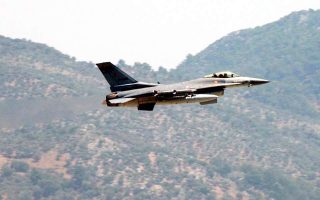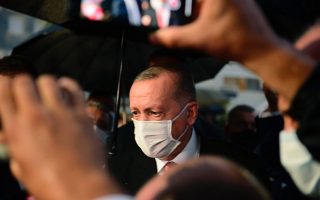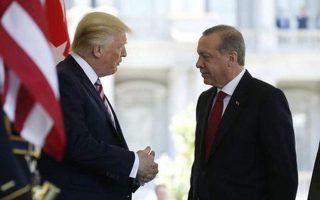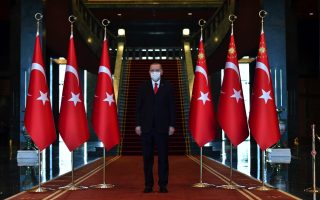Turkey secures a foothold in the Caucasus
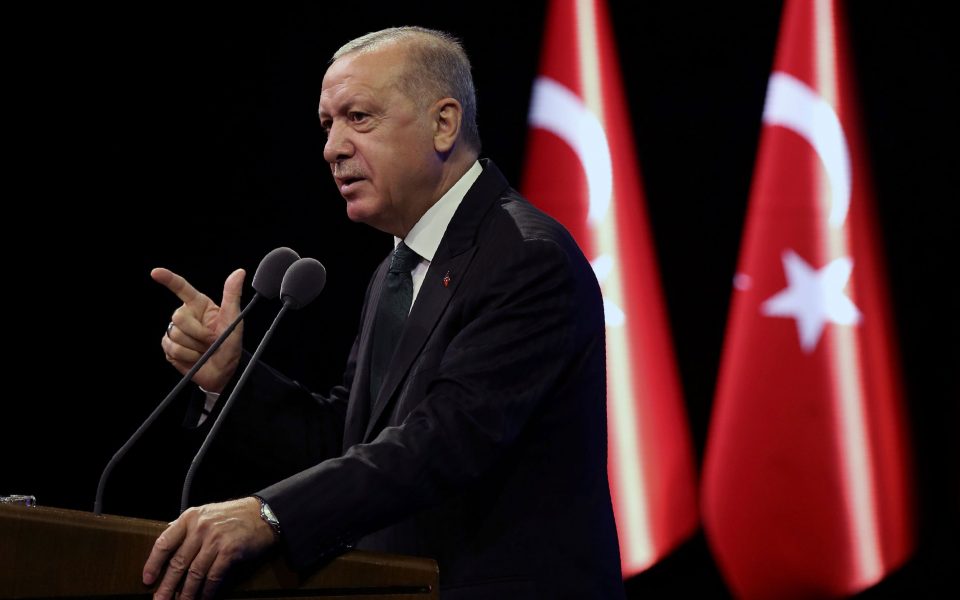
The escalation of the coronavirus crisis – the death toll from which continues to climb and which is threatening to send the public health systems in Greece and other parts of Europe into gridlock – in combination with the artificial political confrontation provoked by the tactical maneuvers of the Greek Communist Party (KKE), SYRIZA and Mera25 opposition parties in the name of the anniversary of the November 17 Athens Polytechnic uprising, has overshadowed interest in other recent events and developments that are of direct or indirect interest to Greece. Nevertheless, their importance is great and cannot be overlooked.
How can we overlook Turkey’s “victory” by proxy (Azerbaijan), with its own active participation, over Armenia in Nagorno-Karabakh? As a result, and together with Russia, it canceled any influence France, the United States – the West, in fact – had in the region and secured a presence in the Caucasus. We cannot know how the situation will evolve, nor for how long Russia will tolerate such a presence, but for the time being at least, Ankara is implementing its Blue Homeland dogma on the ground. Turkish President Recep Tayyip Erdogan’s ambition, via this dogma, is to revive the Ottoman Empire toward Asia in the east through a policy of exercising force, reviewing agreements and borders, and recalibrating priorities and relationships, and toward the Eastern Mediterranean through a confrontation with the Christian West that will keep escalating until the latter accepts the precedents it seeks to set and acknowledges Turkey as a major power.
It is obvious that Ankara’s next step to this end will be elevating the status of the occupied north of Cyprus. Those who believe or pretend to believe that a breakthrough in bicommunal talks is still within reach are either kidding themselves or others, and Nicosia is no exception. Erdogan’s recent moves loudly declare his intention to have the occupied territory recognized as an independent state, initially by governments that are friendly to or influenced by Turkey, such as Pakistan, “brother” Azerbaijan and Libya. Cyprus President Nicos Anastasiades is basically going through the motions with his recent comments.
Europe, for its part, appears to be waking up to the Turkish threat to its interests, partly as a result of French President Emmanuel Macron’s efforts and partly because of Islamist terrorism. At least this is what we can surmise from the statement of officials in Brussels, who are also influenced by the positions of member-states’ ministers and leaders. Of course, dealing with the pandemic and its economic fallout in a unified manner – notwithstanding the challenges posed by Poland and Hungary with their tendency to totalitarianism – is the top priority for every country in the European Union right now.
Europe is clearly seeking to deepen and strengthen its presence as a unified entity in light of Donald Trump’s defeat in the US presidential elections, Erdogan’s provocations and recent Islamist terror attacks. However, this period of Trump-induced turbulence is not over yet.

